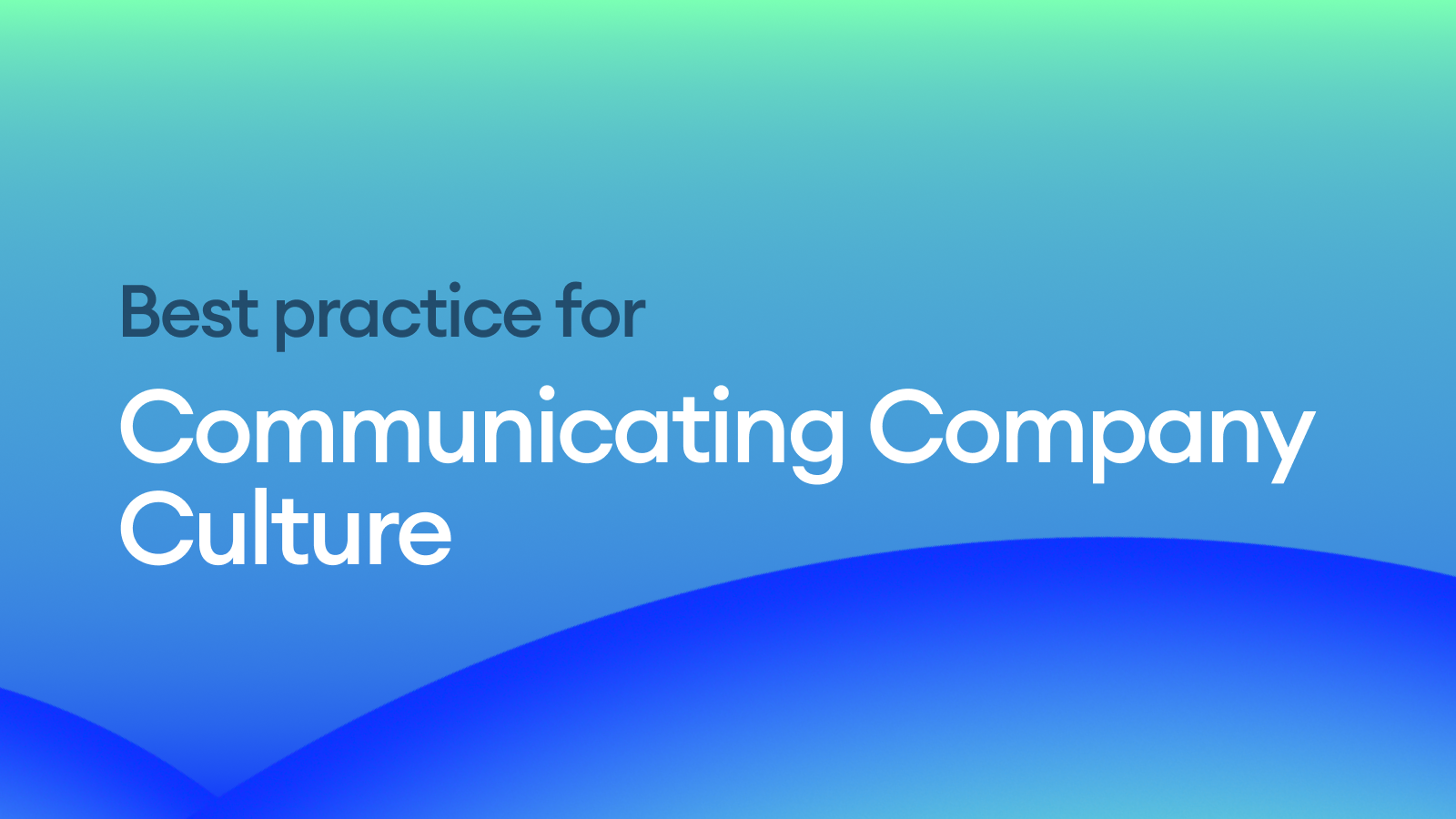Attracting and retaining top talent goes beyond offering attractive salaries and benefits. Job seekers are increasingly looking for organizations where they can align with the company’s values, mission, and overall culture. Communicating your company culture effectively during the recruitment process is crucial. It not only helps in attracting the right candidates but also enhances your employer brand and reduces turnover rates by ensuring cultural fit.
Best Practices for Communicating Company Culture
-
Clearly Define Your Company Culture
- Establish and document your core values, mission, and vision.
- Ensure that all team members understand and embody these cultural elements.
-
Integrate Culture into Job Descriptions
- Use language that reflects your company's personality and values.
- Highlight unique cultural aspects that set your company apart.
-
Leverage Your Company Website and Careers Page
- Showcase stories, images, and videos that reflect your workplace and team dynamics.
- Include employee testimonials and case studies.
-
Highlight Professional Development Opportunities
- Emphasize training programs, mentorships, and career advancement paths.
- Share success stories of employees who have grown within the company.
-
Utilize Social Media Platforms
- Share content that highlights company events, community involvement, and employee achievements.
- Engage with your audience by responding to comments and messages.
-
Engage Employees as Brand Ambassadors
- Encourage employees to share their positive experiences on professional networks like LinkedIn.
- Implement an employee referral program to leverage their networks.
-
Provide Authentic Candidate Experiences
- Offer office tours or virtual walkthroughs during interviews.
- Introduce candidates to potential team members.
Strategies to Implement for Effective Communication
-
Consistent Messaging Across All Channels
- Ensure that your culture is consistently represented in all recruitment materials.
- Align internal communications with external messaging.
-
Use Storytelling Techniques
- Share anecdotes that exemplify your company values in action.
- Highlight how employees collaborate and overcome challenges.
-
Incorporate Visual Content
- Use photos and videos to give a glimpse into the daily work environment.
- Display images from company events, team-building activities, and community service projects.
-
Focus on the Candidate Experience
- Provide timely feedback and clear communication throughout the recruitment process.
- Personalize interactions to make candidates feel valued.
Tips for Effectively Implementing Communication of Company Culture
-
Be Authentic and Transparent
- Avoid exaggerating or misrepresenting your culture.
- A genuine portrayal builds trust and credibility.
-
Tailor Communication to Your Audience
- Understand what aspects of your culture resonate with your target candidates.
- Customize your messaging to address their interests and concerns.
-
Encourage Employee-Generated Content
- Motivate employees to share their work experiences on social media.
- Feature employee blogs or vlogs on your website.
-
Monitor and Adapt Based on Feedback
- Solicit feedback from candidates about their perception of your culture.
- Use insights to refine your communication strategies.
-
Stay Current and Relevant
- Regularly update your content to reflect the evolving nature of your company culture.
- Highlight recent achievements and initiatives.
Summary
Effectively communicating your company culture is essential in attracting and retaining employees who will thrive within your organization. By incorporating best practices such as defining your culture clearly, leveraging digital platforms, engaging employees as ambassadors, and providing authentic experiences, you can create a compelling narrative that resonates with potential candidates. Implementing these strategies requires consistency, authenticity, and a willingness to adapt based on feedback. Ultimately, a well-communicated company culture not only enhances your recruitment efforts but also strengthens your overall employer brand.


